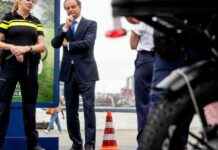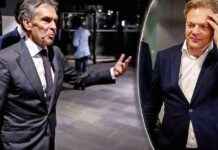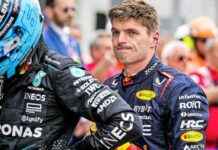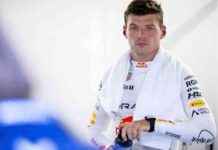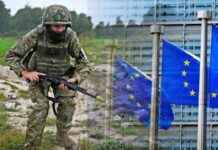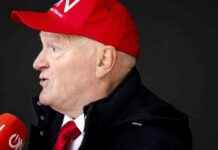Cyrille Guimard, a former professional cyclist, recently shared his insights on the 76th Critérium du Dauphiné and his thoughts on the upcoming Tour de France. In a video interview, he discussed the performances of riders like Primoz Roglic, Remco Evenepoel, and David Gaudu.
Regarding Primoz Roglic’s performance at the Critérium du Dauphiné, Guimard found him reassuring despite a challenging last stage. He believes Roglic showed promise and gained valuable experience leading up to the Tour de France. However, Guimard also acknowledged that Roglic may not be a significant threat to Tadej Pogacar’s dominance in the upcoming Tour.
In contrast, Guimard expressed concerns about Remco Evenepoel’s performance, particularly in the mountains. He noted that Evenepoel struggles on steep climbs and may find it challenging to secure a podium spot in the Tour de France if he does not improve. Guimard highlighted the importance of Evenepoel’s preparation and emphasized the need for significant progress before the Tour.
When discussing French riders like David Gaudu and Guillaume Martin, Guimard emphasized the significance of the Critérium du Dauphiné as a predictor of Tour de France performance. He pointed out that riders who excel in the Dauphiné often perform well in the Tour, while those who struggle in the former may face challenges in the latter. Guimard questioned Gaudu’s leadership potential in other WorldTour teams, suggesting that he may not be a top leader outside of his current French team.
Lastly, Guimard raised concerns about Team Visma’s decision to include Jonas Vingegaard in the Tour de France lineup. He questioned whether Vingegaard would be ready to lead the team in such a prestigious race or if he would benefit more from additional preparation time for the Tour of Spain. Guimard emphasized the importance of proper training and preparation for a race as demanding as the Tour de France, suggesting that rushing into such a competition may not yield favorable results.
In conclusion, Guimard’s insights offer valuable perspectives on the performances of key riders and teams leading up to the Tour de France. His analysis underscores the importance of strategic planning, preparation, and performance consistency in the world of professional cycling. As fans eagerly anticipate the start of the Tour, Guimard’s observations provide valuable context and analysis for understanding the dynamics of this prestigious race.




